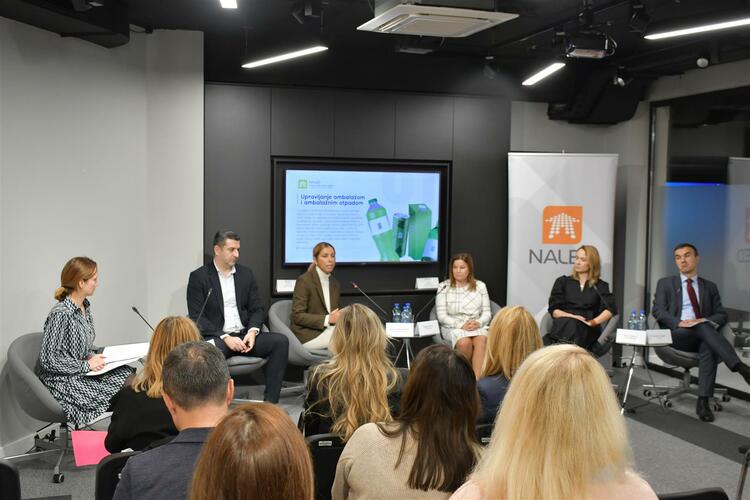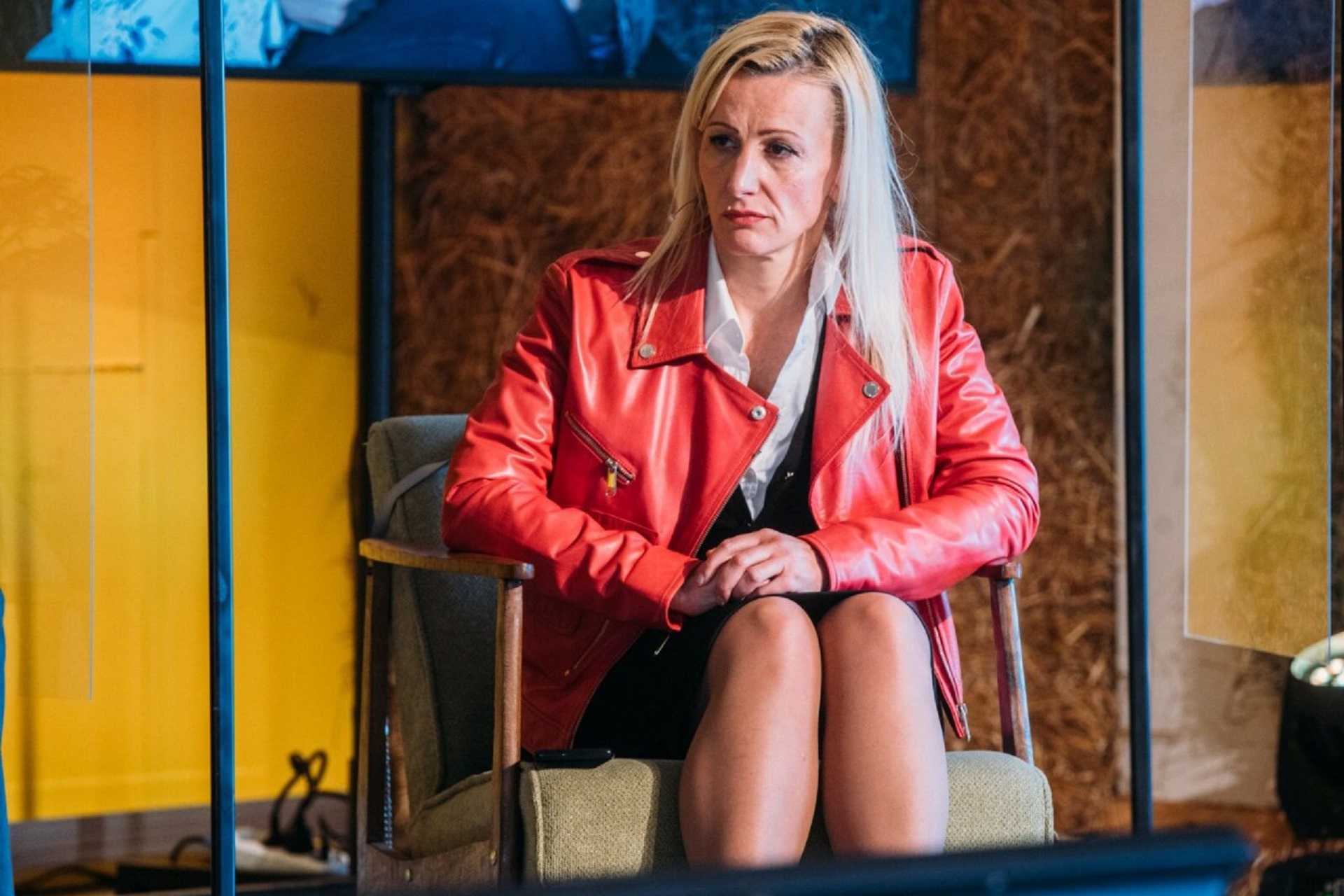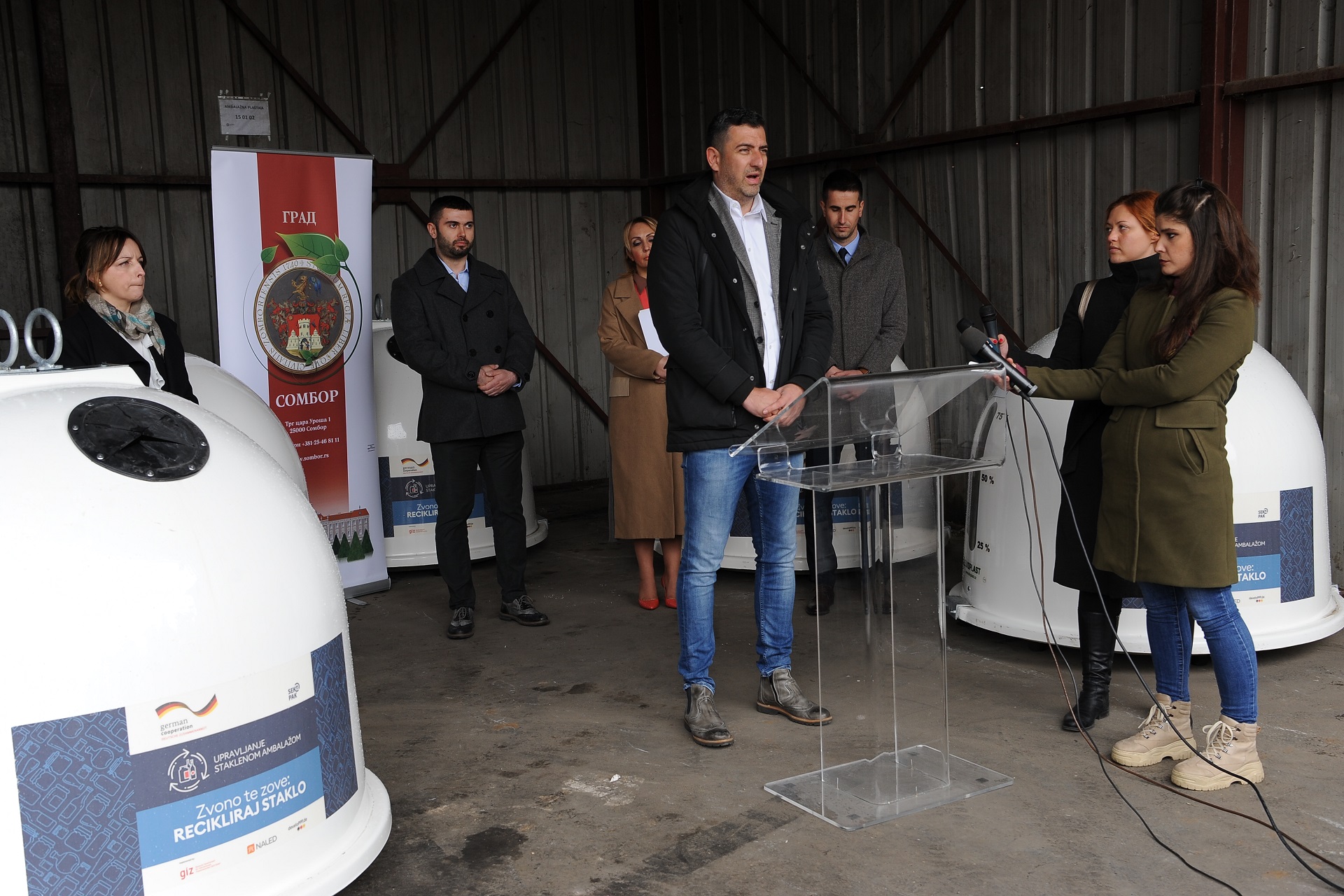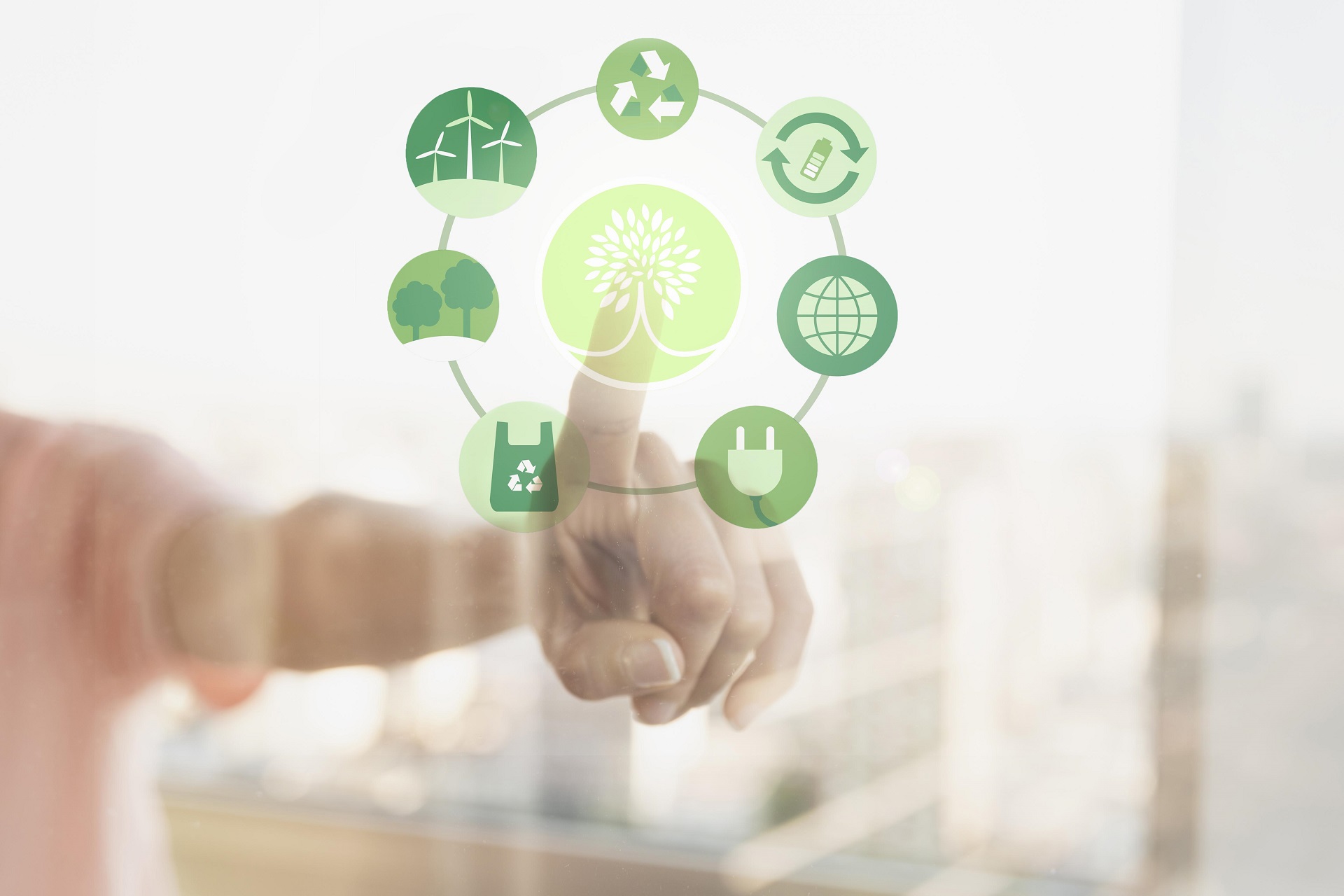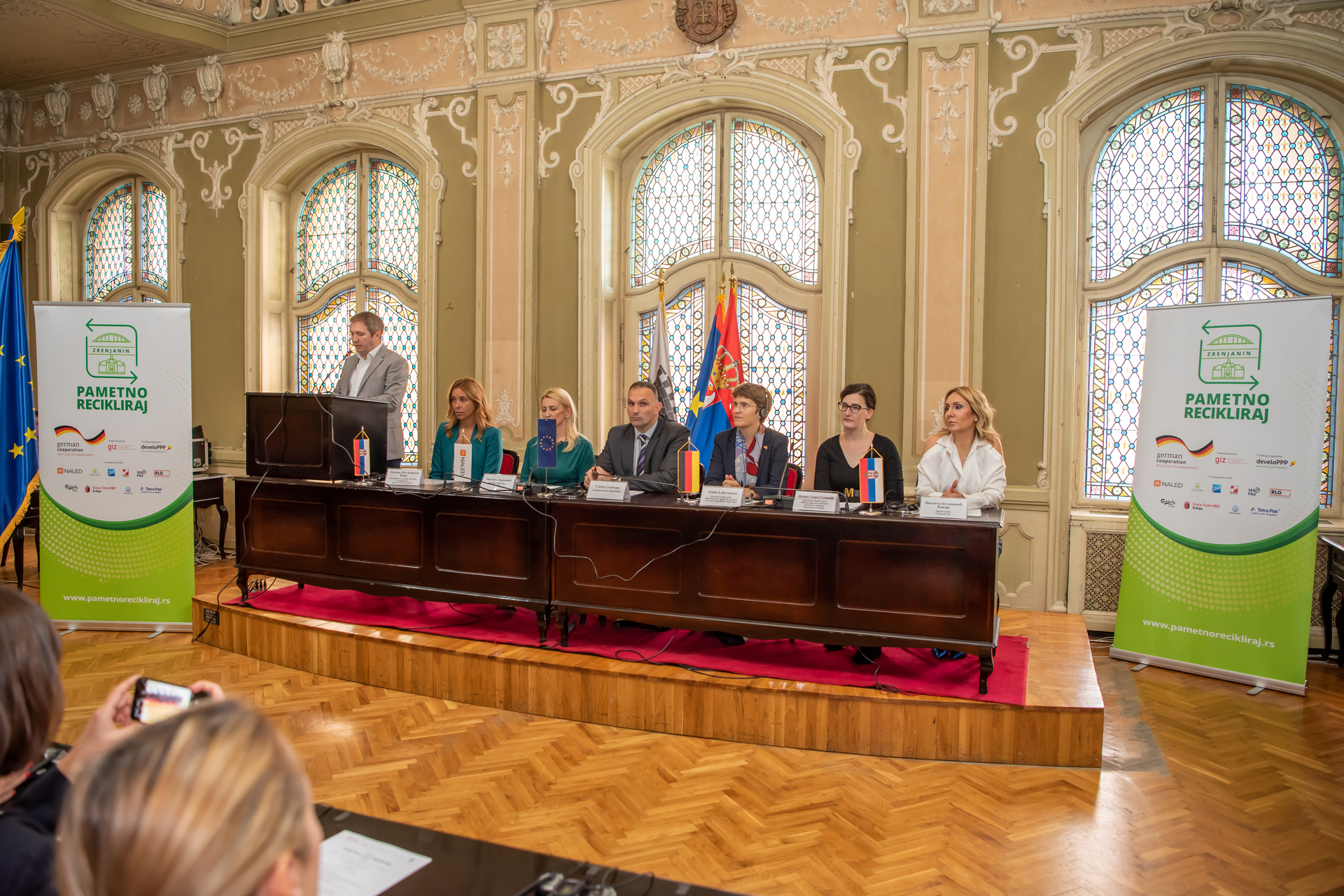Serbia still awaits the deposit system for waste packaging return
Households in Serbia produce 2.87 million tons of waste per year, and after food scraps, the most common waste includes empty plastic and glass bottles, cardboard, paper and other types of packaging, which together make up 30% of the total waste in landfills. Since the degree of separate collection has remained at the same level for years, and covers most of the quantities coming from businesses, it is time to introduce a deposit system, which can ensure twice the degree of recycling and solve the issue of problematic communal waste.
According to a study by the British consulting firm Eunomia, Serbia is a suitable ground for the introduction of a deposit system that could ensure that more than 90% of packaging ends up in recycling in the first three years of its implementation. The opinion of international experts came at the request of NALED in order to offer the Ministry of Environmental Protection the best and most effective solution, bearing in mind the complexity of this issue. However, although the topic was opened five years ago, and the consultations within the formal working group were recently renewed, the Sustainable Development Director in NALED, Slobodan Krstović, says that at this moment it is still not known if and when the deposit system will exist.
-The amount of produced packaging waste is increasing throughout Europe and in order to reach the set recycling amounts set by the European Union, Serbia will have to focus on collecting waste from citizens and add a deposit system to the existing system of extended producer responsibility. The materials collected in this way are cleaner and of better quality than those that come from municipal waste and can be used for the production of new packaging, which enables the full application of the principles of the circular economy. As the deposit system envisages the recycling of only beverage packaging, it is important to continue with the development of primary selection, in order to remove all plastic and other materials from our nature - says Krstović.
While consultations on this topic between the ministry, businesses and other interested parties are ongoing, the first smart packaging collection system was piloted in Zrenjanin, which could serve as an example for the later introduction of deposit system. It involves modern technology based on good product labeling and an application that confirms the user's identity, in order to strengthen control and prevent the possibility of fraud.
- The results of the "Smart Recycle" project, which is implemented in Zrenjanin through the develoPPP program of the German Federal Ministry for Economic Cooperation and Development, will be summarized in a study and presented in the working group, but what has already proven to be a good example is that machines for collection points should also be placed outside the sales facilities, in public locations so that they are easily accessible to citizens. The Eunomia study gave us a recommended deposit value of around five dinars, but it is subject to change. The only important thing when determining this amount is that it be high enough to motivate citizens to return the packaging, and on the other hand, not too high to deter them from buying - explains Krstović.
In retail stores, consumers would return the used packaging either directly to the staff in the retail store or by placing it in special machines intended for return. This method is most similar to the "bail system" that was valid for glass packaging, but was based on a contractual relationship between the manufacturer and the retailer. The deposit system would be managed by a central deposit organization, which should be made up of representatives of businesses and operators, and the state would have the role of a supervisory authority here.
In addition to reducing the amount of packaging that is deposited, the deposit system could also lead to the creation of 1,000 to 1,500 new jobs. However, the complexity of this system affects the fact that its introduction is still being postponed, and this first of all implies the marking of all products that would be subject to refunds and price increases for the deposit amount, logistical limitations of retail sales in Serbia and making a decision on what type of packaging should be collect in this way. The assessment of the Eunomia study is that the deposit should include all beverage packaging, i.e. PET, glass, cans and tetra packs.

